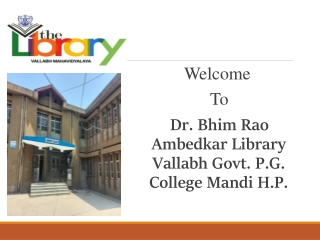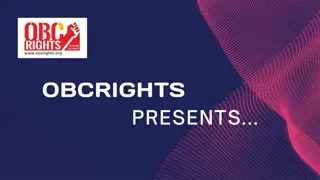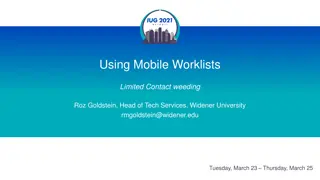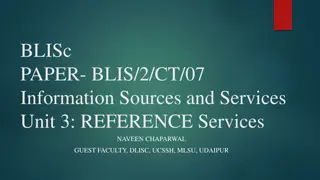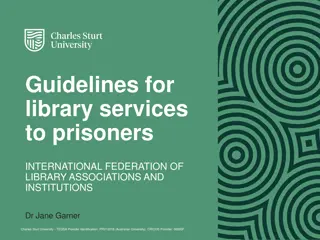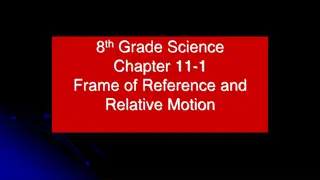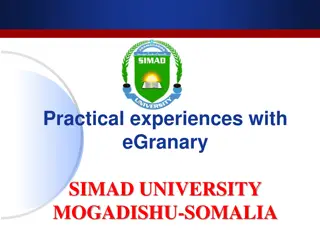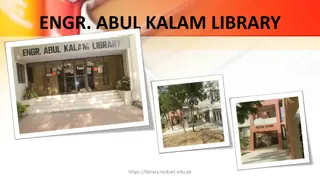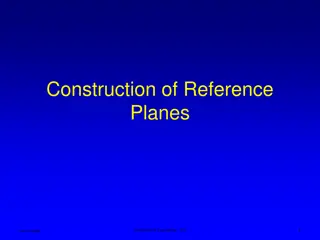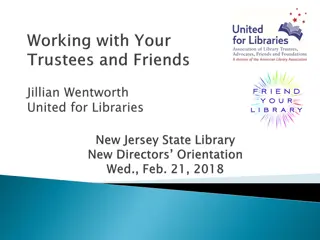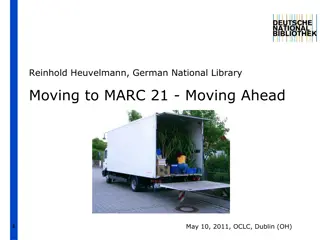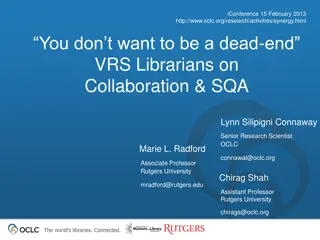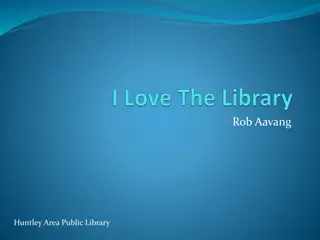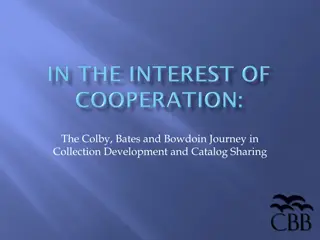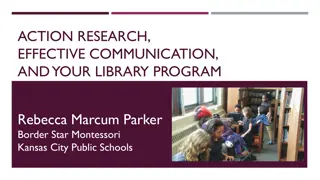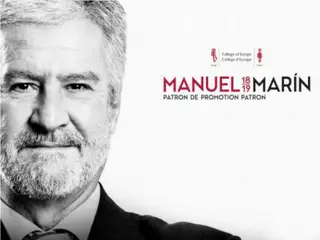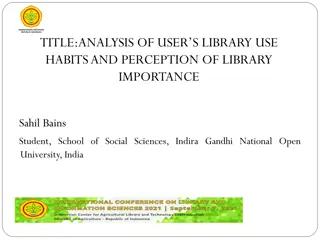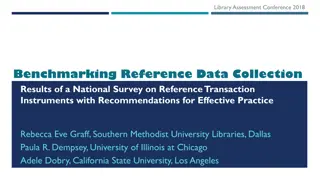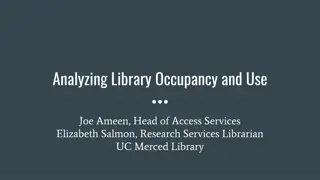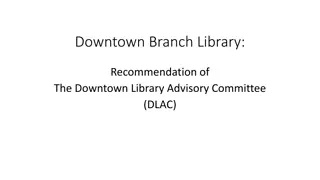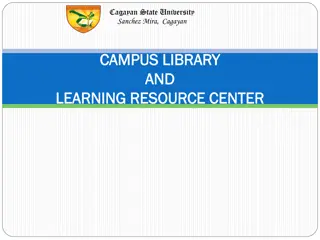Enhancing Reference Services: Skills and Guidelines for Library Professionals
Explore the essence of conducting reference interviews, understanding the advantages and disadvantages, essential personal and interpersonal skills, and guidelines for behavioral performance in providing reference and information services. Delve into the remote reference service concept, the integral role of teaching in reference services, and crucial interview skills and processes such as approachability, interest, listening, inquiring, searching, and follow-up.
Download Presentation

Please find below an Image/Link to download the presentation.
The content on the website is provided AS IS for your information and personal use only. It may not be sold, licensed, or shared on other websites without obtaining consent from the author. Download presentation by click this link. If you encounter any issues during the download, it is possible that the publisher has removed the file from their server.
E N D
Presentation Transcript
Public Librarians Chat FINDING OUT WHAT THE LIBRARY USER REALLY WANTS TO KNOW
Pros & cons of conducting reference interview PROS CONS Get to talk to patron Have to talk to patron Less time spent searching More time spent searching A satisfied patron A frustrated patron Patron views librarian as helpful Patron views librarian as unhelpful
Guidelines for Behavioral Performance of Reference and Information Services Providers http://www.ala.org/rusa/resources/guidelines/guidelinesbehavioral http://www.ala.org/rusa/resources/guidelines/guidelinesbehavioral
Personal & interpersonal skills required for staff conducting reference services
Teaching is an integral part of reference service
Interview skills and process 1. Visibility/Approachability 2. Interest 3. Listening/Inquiring 4. Searching 5. Follow-up
Approachability Physically available Appear willing to help Welcoming posture, smiling and eye contact
Interest Faces the user when speaking or listening Maintains or re-establishes eye contact Signals understanding Appears unhurried
Listening Allow the person to fully state his information need in their own words before responding Allow time for the user to answer your questions Use a tone of voice appropriate to the person you are working with and the nature of the transaction
Inquiring Use open-ended questions to expand on request Use closed and clarifying questions to refine search Do not interject value judgements about the subject matter Respect the patron s privacy and confidentiality
Examples of open-ended questions What would you like to know about X? What sort of material do you have in mind? What else can you tell me about X?
Clarifying questions What have you already found? Do you need a book or an article on this subject? Do you need current or historical information?
Searching Construct a competent and complete search strategy Explain the search strategy to the patron Work with the patron to narrow or broaden the topic
Follow-up Ask the patron if their questions have been completely answered Encourage the patron to return if they have additional questions Be sure not to end the reference interview prematurely
Unsuccessful reference interviews Librarian didn t listen Librarian didn t seem interested in question Librarian didn t smile Librarian didn t look up from the computer
Reference interview habits to avoid Give the patron a call number and point to the stacks Fail to conduct a reference interview Type without talking Ask, Did you check the catalog?
Sources Admin. (2016, August 02). Guidelines for Behavioral Performance of Reference and Information Service Providers. Retrieved November 13, 2018, from http://www.ala.org/rusa/resources/guidelines/guidelinesbehavioral Schwartz Howard R., & Trott Barry. (2014). The Application of RUSA Standards to the Virtual Reference Interview. Reference and User Services Quarterly, (1), 8. Retrieved from http://search.ebscohost.com/login.aspx?direct=true&db=edsjsr&AN=edsjsr.r efuseserq.54.1.8&site=eds-live&scope=site
More Sources David Tyckoson. (2003). Reference at Its Core: The Reference Interview. Reference & User Services Quarterly, (1), 49. Retrieved from http://search.ebscohost.com/login.aspx?direct=true&db=edsjsr&AN=edsjsr.2 0864104&site=eds-live&scope=site Kluegel, K., & Ross, C. S. (2003). The Reference Interview. Reference & User Services Quarterly, 43(1), 37 43. Retrieved from https://search.ebscohost.com/login.aspx?direct=true&db=aph&AN=1129832 8&site=ehost-live&scope=site&custid=ns227689
Even More Sources Conducting the reference interview [videorecording]/ Library Video Network ; writer/producer, Carl Birkmeyer; co-producer, Brenda Card. Towson, Md. : Library Video Network, c2004 Saunders, L., & Jordan, M. (2013). Significantly Different? Reference & User Services Quarterly, 52(3), 216 223. Retrieved from https://search.ebscohost.com/login.aspx?direct=true&db=aph&AN=89630 805&site=ehost-live&scope=site&custid=ns227689
Final Sources Ross, C. S., Dewdney, P., & Nilsen, K. (2002). Conducting the reference interview: A how-to-do-it manual for librarians. New York: Neal-Schuman.
Thank You Julie Marie Niederhauser Public Library Coordinator Julie.Niederhauser@Alaska.gov library.alaska.gov
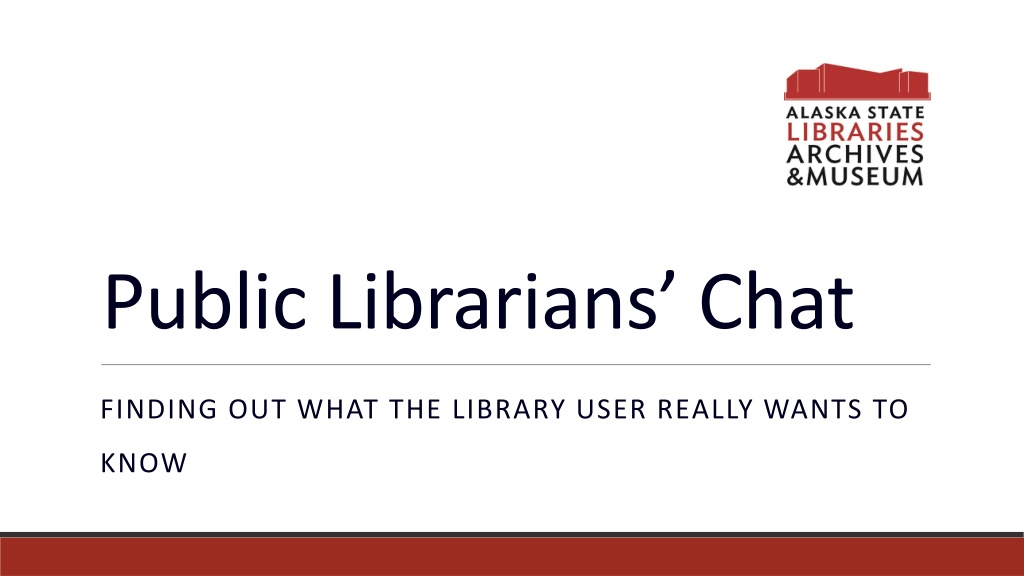
 undefined
undefined



 undefined
undefined







 undefined
undefined
